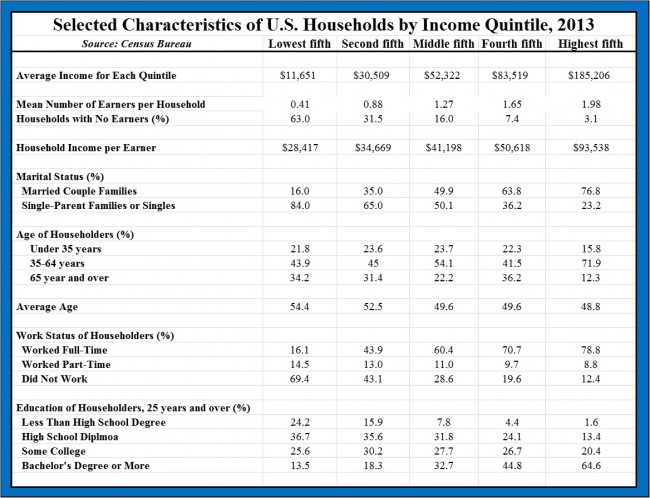From 538 – a site that until recently was a daily must read:
Do people order more-expensive food when they know they’re going to be splitting the check equally (e.g. three friends all give their credit cards for the waiter to split the tab)?
I think we know the answer – and the answer is:
In 2004, a study in The Economic Journal, a publication of the Royal Economic Society, looked at the behavior of Israeli students in different dining scenarios at a restaurant “with numerous delectable categories to encompass a wide range of tastes” (academic writing, eh?). The researchers told four groups of diners (always three men and three women) to split the bill equally among them. They told another four groups to pay for what they had ordered. Lastly, they told two lucky groups that they would get their meals for free.
The results were consistent with the economists’ hypotheses: Those who were getting a free meal spent the most (especially one cheeky person who, judging by this chart from the study, really went all out). Those who were splitting the bill spent less, and those who were paying individually spent the least — costs are in Israeli new shekels.
I’m not sure I have any insight into anything political here other than to suggest that I find most of the policies favored by the left to be “human condition” improvement programs. That is to say, “we as a society should do better by our fellow man” is reason enough to enact legislation.
Where I find church – the liberal finds government.





